News / Media
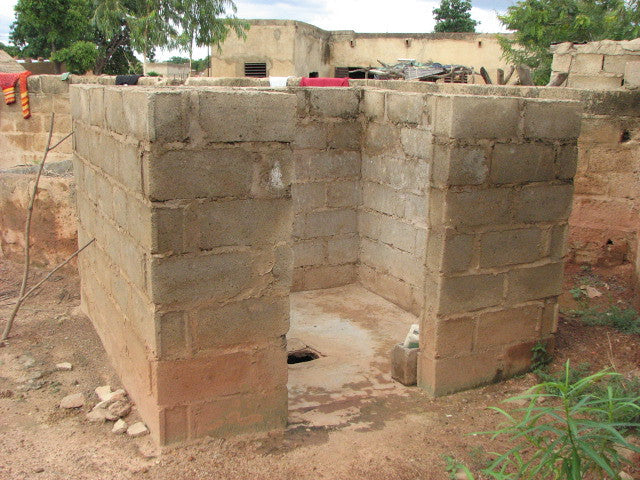
Working Together to Improve Global Sanitation
The American Journal of Tropical Medicine and Hygiene recently published this collaborative research between UW and Briotech.
Read more
Briotech Founders Featured in UW Bothell Magazine
For the past decade, Terry and his wife, Cindi Varela, have worked to develop a powerful disinfectant that also is safe for people to use as an antiseptic.
Read more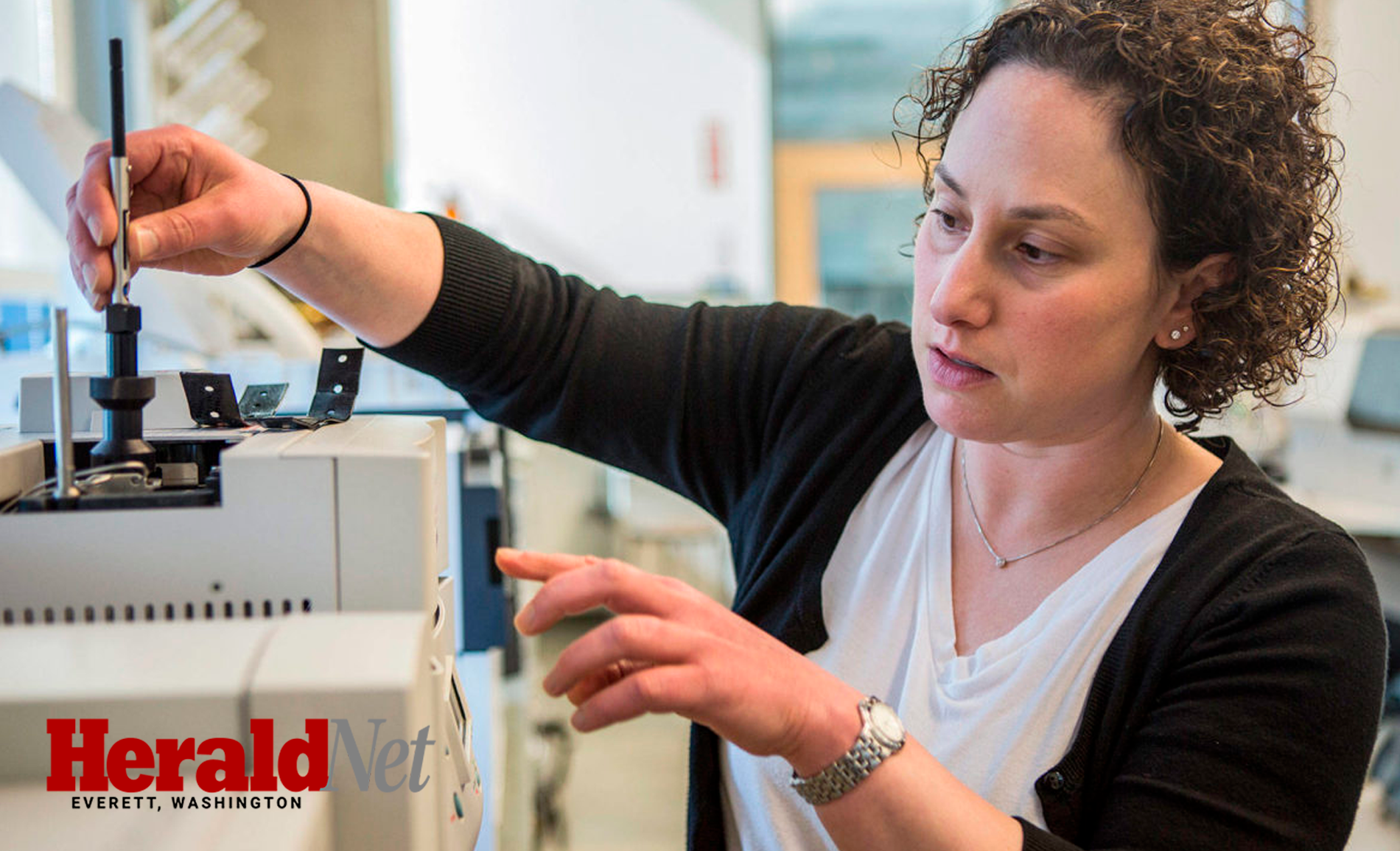
The Latrine Project — Odor Control and Virus Inactivation
“Our approach is to get rid of the odor and make it more clean by inactivating viruses,” said Robins, who has a doctoral degree in bioorganic chemistry. “Viruses that cause diarrhea, for example, c...
Read more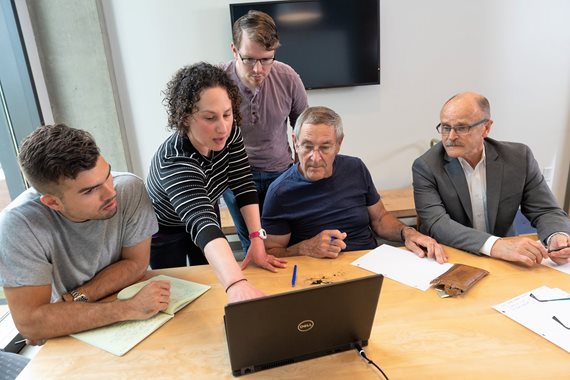
Addressing Sanitation Improvement in Developing Regions of the World
Research group hopes to show (BrioHOCl™) can combat stinky compounds in latrine [and] inactivates noroviruses responsible for gastroenteritis, vomiting and diarrhea.
Read more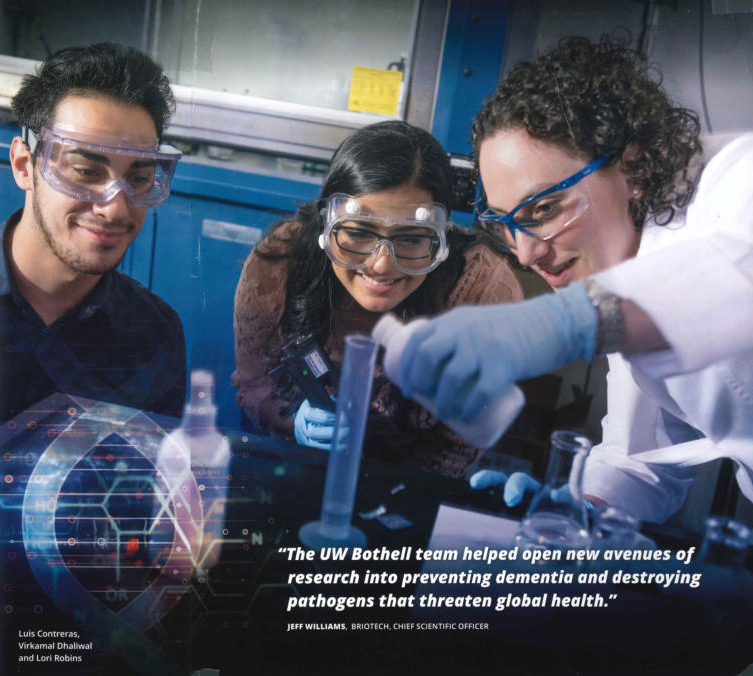
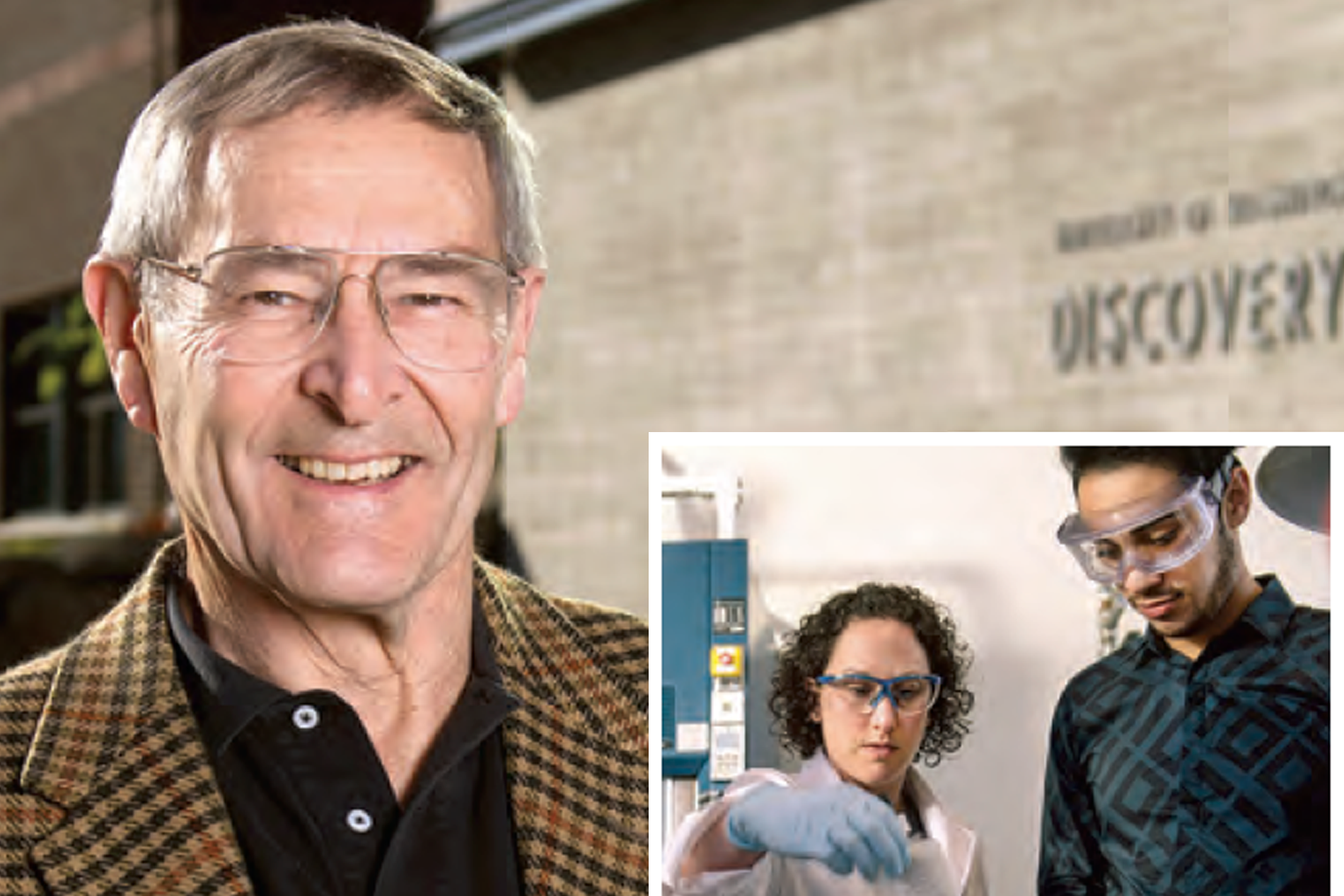
UW Bothell and Briotech: Great Chemistry and Great Collaboration
Robins' labs in UW2 are humming with hands-on experiments and palpable excitement as students learn new instruments and applications.
Read more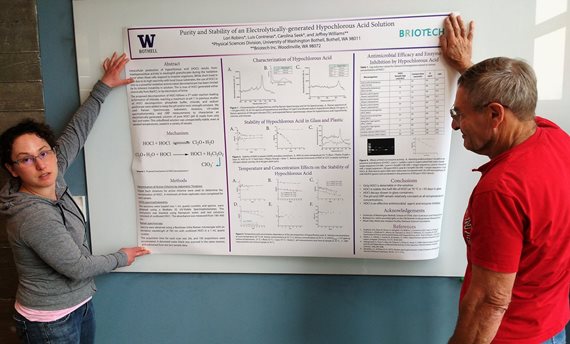
UW Bothell Research Defining the Stability of BrioHOCl™
A barrel of Briotech’s HOCl could be shipped half way around the world and be ready to use years later, Williams said. In addition to its effectiveness against prions, the solution kills bacteria, ...
Read more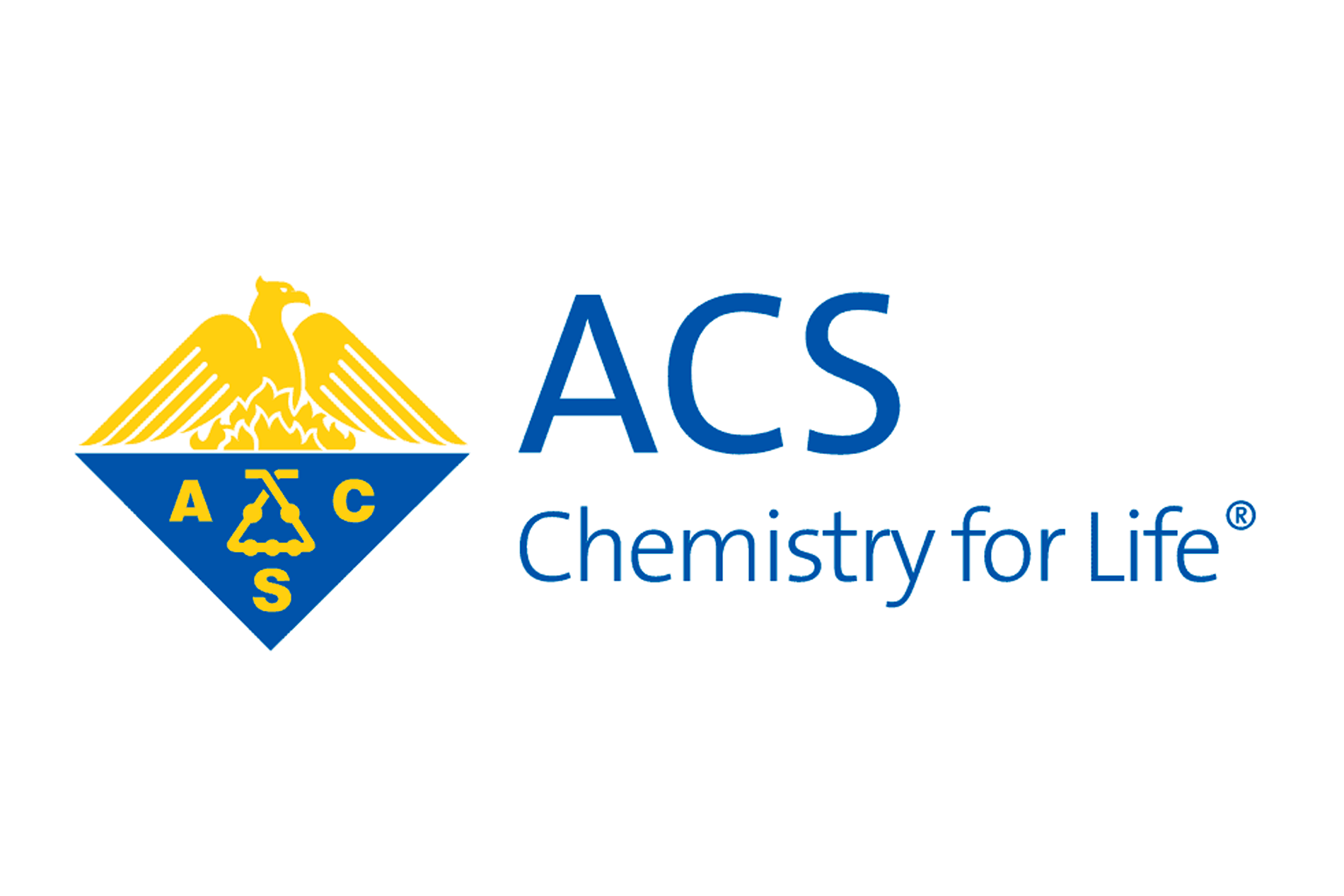
UW Bothell Presents Briotech at American Chemistry Society Conference
University of Washington, Bothell, presents Briotech's breakthrough in hypochlorous acid stability to the world’s largest scientific body in Washington, DC at the 254th American Chemistry Society C...
Read more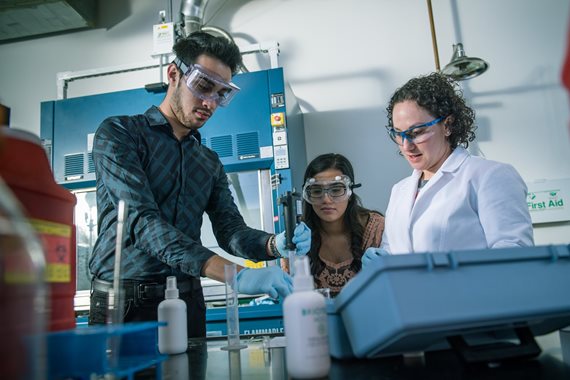
Students Aid in Breakthrough Against Dementia
The efficacy of the Briotech product is particularly interesting in light of research that suggests neurological diseases, including Alzheimer’s, could be spread by prions on medical devices such a...
Read more